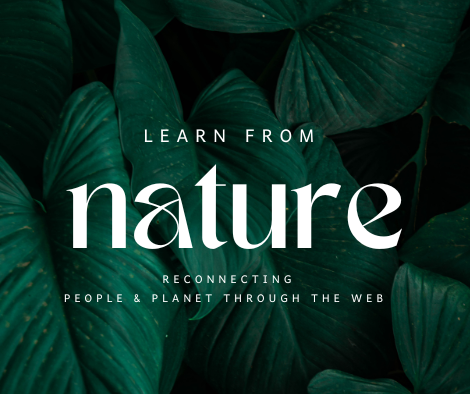Marine litter is a pervasive problem up and down the country, with seemingly endless amounts of plastic found on our beaches. During Beach Clean events in 2019, Sussex Wildlife Trust and our amazing volunteers collected 360 kg of litter from 10 different sites. This equated to 18,993 individual pieces of litter, and the majority of this was plastic. In 2018, UN Environment estimated that globally, 13 million tonnes of plastic enter our oceans every single year. This is a huge problem because plastic does not degrade – it simply breaks down into smaller and smaller pieces which marine animals often end up ingesting. This can block digestive tracts, damaging internal organs and causing starvation. Plastic pollution can also cause injury and death to marine animals through entanglement.
As Coronavirus lockdown measures continue to ease, there has been a noticeable spike in the amount of rubbish being left on beaches as more people are able to spend more time at the coast. On a single day in June, 11 tonnes of rubbish was left on Brighton and Hove beaches. This was the most ever collected in a single day, and is nearly four times the summer average. With bins overflowing with rubbish, many people are choosing to simply leave their litter behind. Although many councils employ people specifically to help clean beaches, it is impossible for them to collect everything. Often, incoming tides will wash a lot of waste into the sea where it immediately becomes a threat to marine life. It is therefore vital that everyone takes home their litter and disposes of it properly.
Brighton and Hove council has now implemented on-the-spot £150 fines for anyone ‘dropping or leaving litter’, with officers patrolling the beach from 9am to 7pm every day.
The pandemic itself has also unfortunately contributed to more plastic waste. Single use surgical masks and plastic gloves are now being found amongst the other plastic litter, both on beaches and in our towns and cities. Disposable masks are thought to have a lifespan of at least 450 years.
What can you do to help?
- Try to avoid buying single use plastics as much as possible. Make simple swaps like using canvas bags, wooden toothbrushes and metal water bottles.
- If you do have to buy plastic products, try to buy things that are recyclable and then dispose of them properly. This means washing them out and making sure they go in the correct bins.
- Do a #2minutebeachclean! If everyone left the beach with all their own rubbish and a few pieces of other discarded litter, the beaches would be much cleaner. We strongly recommend that you do not pick up other people’s litter with your bare hands. Please wear washable gardening gloves. You could also invest in your own litter picker.
- *** Whilst the pandemic is raging, there are no organised beach cleaning events, but these will resume ASAP.
( source : https://sussexwildlifetrust.org.uk/news/marine-litter )

It’s National Marine Week in Britain – here are some other groups working on marine issues
Suffolk Wildlife Trust * https://www.suffolkwildlifetrust.org *


Scottish Wildlife Trust * https://scottishwildlifetrust.org.uk *

